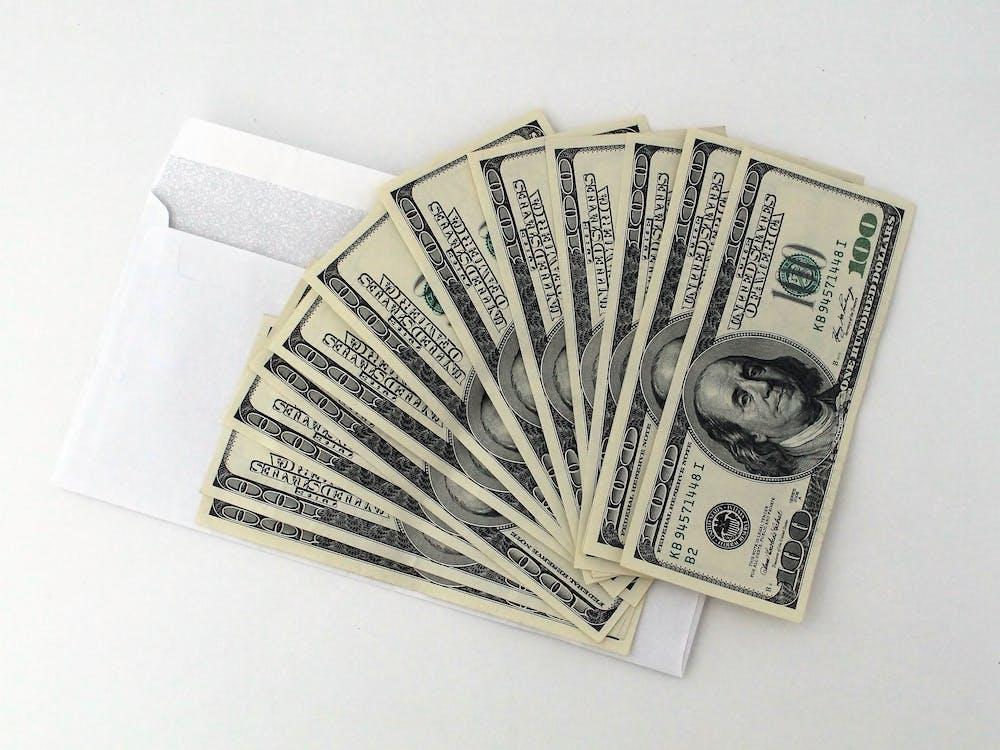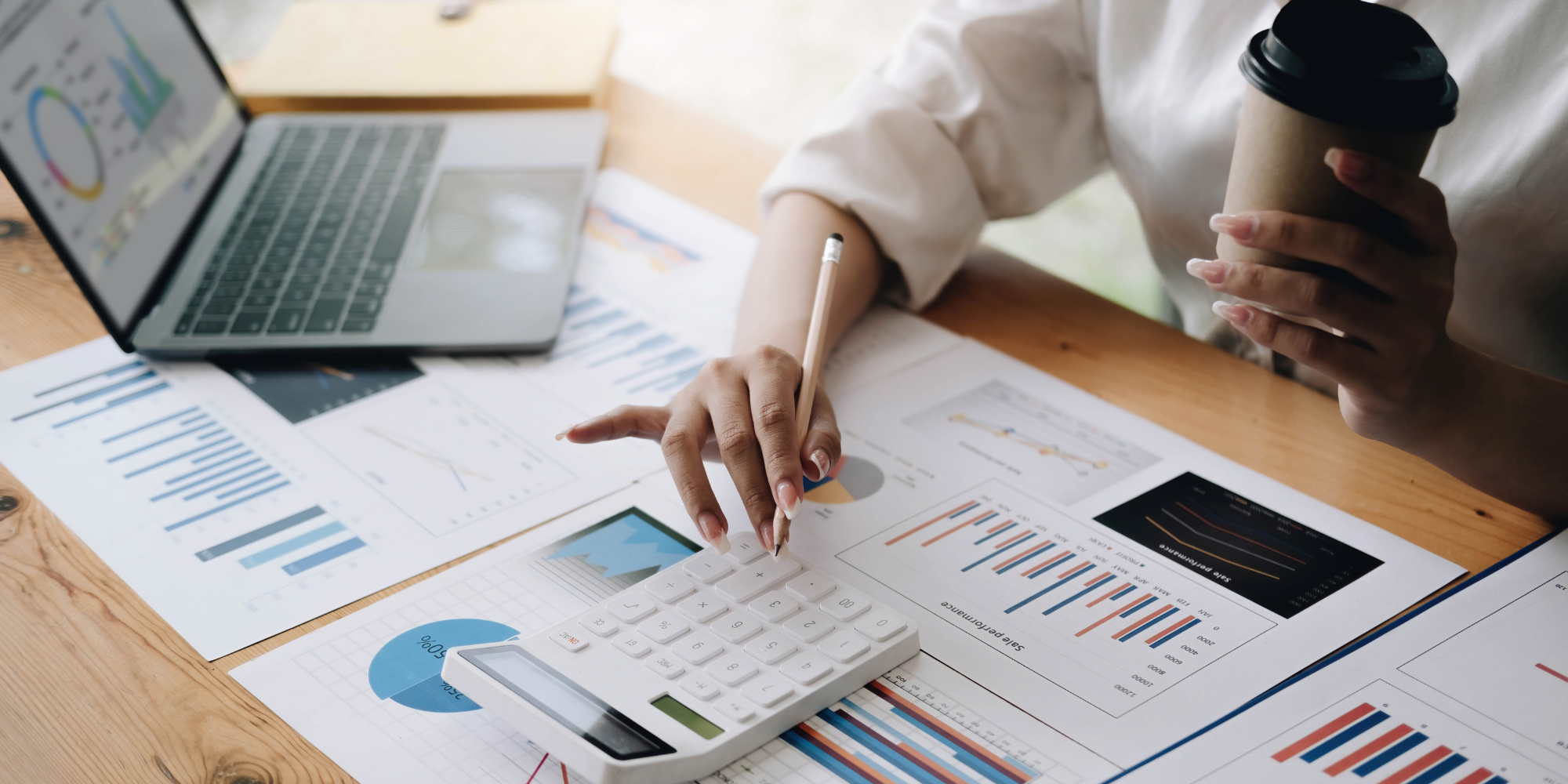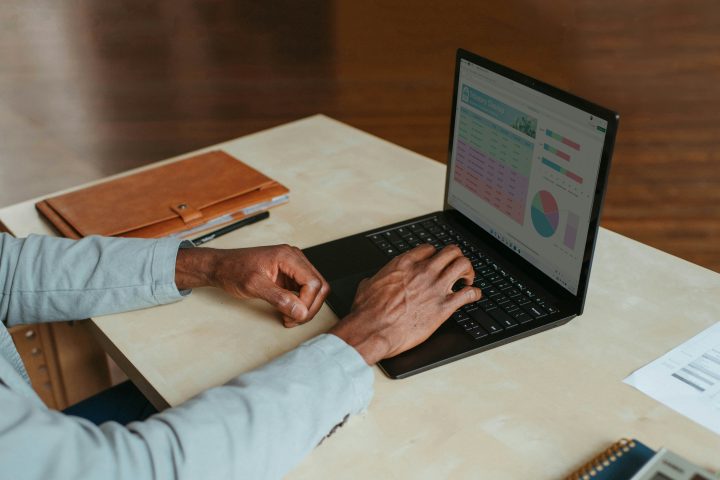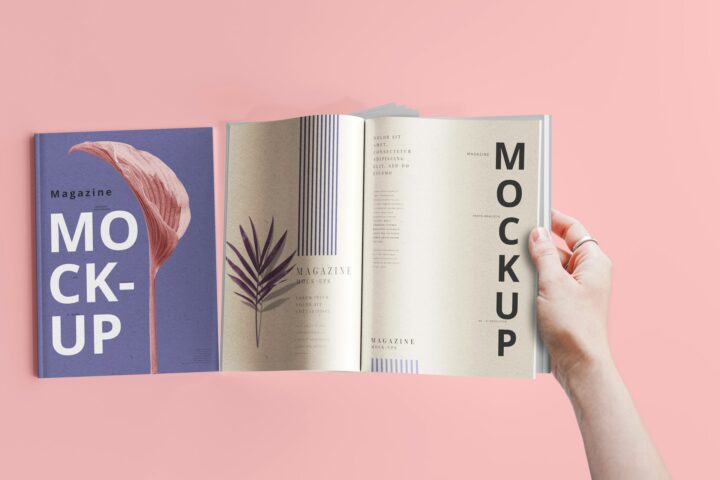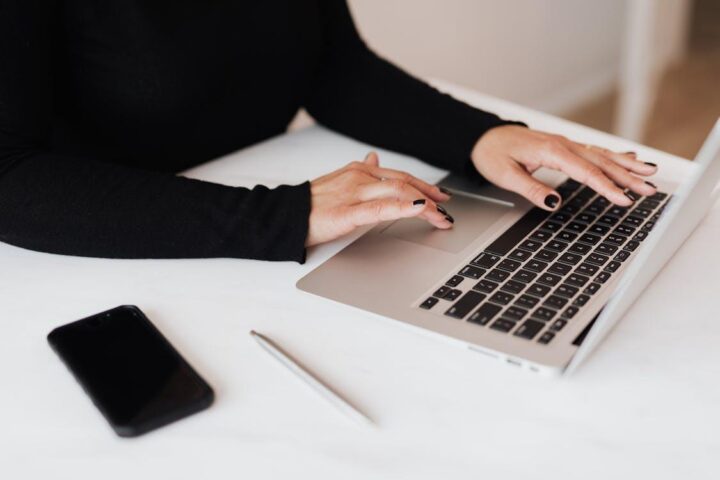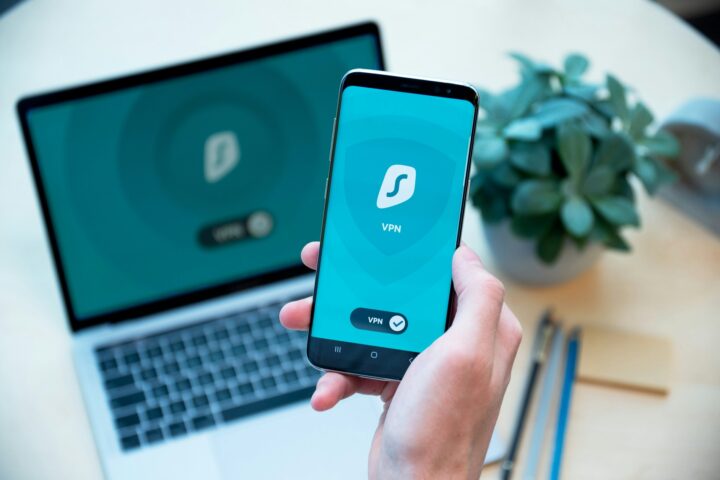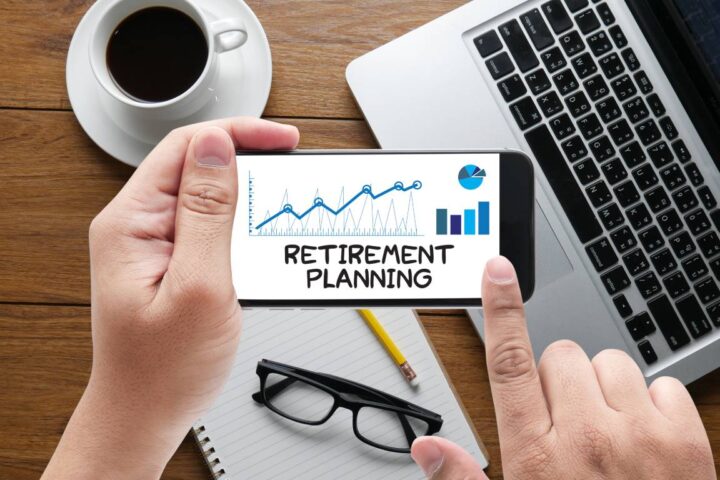You should know how much you have in your bank accounts, what upcoming bills you have to pay and what credit balances you need to whittle down. These shouldn’t be complete mysteries.
Not knowing the details of your personal finances can get you into serious trouble. If you don’t know how much is left in your checking account, you could accidentally drain the funds from it. You could put the account into the red and accumulate NSF fees. You could sign a check and not realize that it will bounce when the receiver tries to deposit it.
At the very least, you could put yourself in a vulnerable position where you can’t afford any emergency expenses. If one of these expenses crops up and you don’t have enough funds to cover it, you could use a credit card to manage it. Or you could look into short term loans online through CreditFresh — as long as you meet the qualifications, you can apply. If you’re approved for the short-term loan, you can use the funds to handle the emergency expense quickly. Then, you can focus on repayments.
You can avoid these stressful situations by keeping track of your personal finances. Read ahead to find out how.
How Can You Track Your Finances?
Online Banking
One simple way to track your finances is to sign up for online banking. With online banking, you can log into your accounts via your computer or smartphone at any time. You can look over recent transactions, confirm deposits, monitor bill payments and simply see how much money you have until your next paycheck comes in. This should prevent you from spending beyond your limits, missing bills and incurring unnecessary fees.
Bank Account Alerts
With online banking, you can set up bank account alerts. Your bank will send a text, email or app notification to draw your attention in important situations, like when the available balance in an account is too low (usually under $100) or when a check has cleared.
These are other alerts that will help you track your finances:
- High balance alert (ideally for credit accounts that are close to the limit)
- Large purchase alert
- Direct deposit alert
- Large ATM withdrawal alert
- Suspicious activity alert
Suspicious activity alerts are meant to flag concerning behavior that could point to financial fraud. If your bank card/information has been stolen, this should notify you of the problem right away. You can address the problem by contacting your bank. They can cancel your card, freeze your account and stop additional transactions from going through.
Budgeting Apps
Another way that you can track your finances is to download one of the best budgeting apps on your smartphone or computer. Budgeting apps can sync with your financial accounts, from your personal checking account to your credit card. Whenever you use the app, you can get updates about the expenses you’ve managed with the synced accounts. This will be a good way to determine whether you’re actually following the guidelines that you set in your budget or not.
Write It Down
Finally, a simple strategy that you can use to track your finances is to write about them. Put together a bullet journal where you log your budgeting guidelines, expenses, savings and other financial matters.
Why? A study by the University of Tokyo found that writing things down triggers your memory better than using electronic documents. Writing down your financial information will keep it fresh in your memory.
Don’t leave yourself in the dark. Start tracking your finances.



